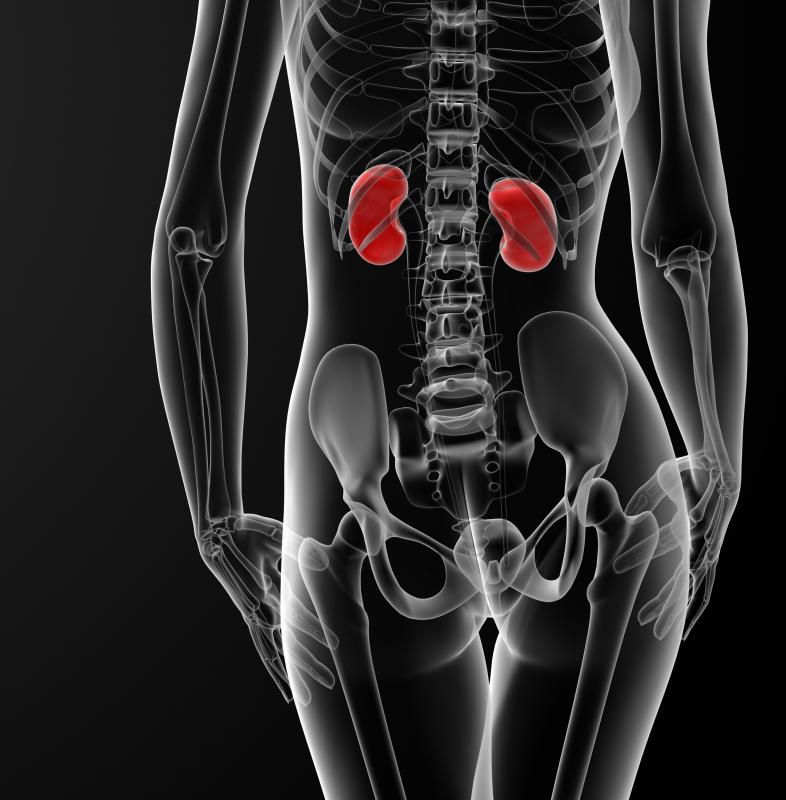At InfoBloom, we're committed to delivering accurate, trustworthy information. Our expert-authored content is rigorously fact-checked and sourced from credible authorities. Discover how we uphold the highest standards in providing you with reliable knowledge.
What is Myoglobin?
Myoglobin is a red, iron-containing pigment present in the muscle cells of animals. It is a water soluble, single chain globular protein formed of 153 amino acids, with an iron-containing prosthetic group in the center. Though it has a structure similar to that of hemoglobin, it shows a higher level of affinity to oxygen than hemoglobin does. The physiological importance of myoglobin is chiefly attributed to its oxygen binding ability.
Myoglobin is generally found in abundance in the cardiac muscles and skeletal muscles adapted to endurance activities. These high endurance muscles are called "red muscles." The myoglobin in these red muscles binds with oxygen molecules and forms oxymyoglobin, which act as the emergency oxygen storage sites for the body. The oxygen is generally released when the body is in a state of oxygen deprivation. This happens during strenuous exercise or physical exertion, when the oxygen supplied by the blood alone does not meet the demands of the body.

The distribution of red muscles is also high in diving mammals, like whales and dolphins. The higher level of myoglobin stored in these muscles enables these animals to store more oxygen so they can remain underwater for long periods. Myoglobin levels are found to be high in the muscles of water birds and penguins, too.
In humans, myoglobin is used as an important biochemical marker for the diagnosis of myocardial infarction or heart attack. It is found in abundance in the cardiac muscles, so any damage in the heart muscles releases large amounts of myoglobin into the blood stream. Myoglobin tests are, therefore, conducted in persons showing the symptoms of heart attack. Levels in the blood rise within 2 to 3 hours of a heart attack and reaches its peak within about 8 to 12 hours. It generally falls back to normal after about 24 hours of the injury, however, so it cannot be used for assessment in patients in whom the symptoms have been persisting for more than a day.

Severe damage to muscle tissues can lead to a condition called rhabdomyolisis, and can result in acute kidney failure. In large amounts, myoglobin can be toxic to the tubular epithelium of the kidney. It causes severe damage to the renal epithelium when the blood is filtered through them. This condition generally occurs to victims of acute physical injury, as in the case of earthquakes or bomb blasts.
AS FEATURED ON:
AS FEATURED ON:













Discussion Comments
@Ceptori, patients with degenerative muscle diseases like muscular dystrophy or inflammatory muscle diseases like myositis can also display elevated myoglobin levels.
Rhabdomyolisis can also occur in patients taking statins to control their cholesterol. Mild muscle pain is a common side effect of taking statins, but severe muscle pain can indicate rhabdomylosis. Other symptoms include muscle weakness and dark colored urine. The chance of these symptoms developing in patients taking statins increases when certain drugs like cyclosporine and gemfibrozil are taken along with the statins. Patients on statins who experience intense pain or other symptoms of rhabdomylosis should seek immediate medical attention.
Post your comments